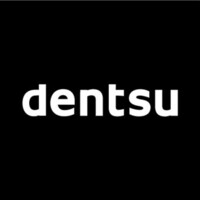
IPG Mediabrands
IPG Mediabrands is the media and marketing solutions division of Interpublic Group (NYSE: IPG). IPG Mediabrands manages over $47 billion in marketing investment globally on behalf of its clients across its full-service agency networks UM, Initiative and Mediahub and through its award-winning specialized business units Healix, KINESSO, MAGNA, Mediabrands Content Studio, Orion Holdings, Rapport, and the IPG Media Lab. IPG Mediabrands clients include many of the world’s most recognizable and iconic brands from a broad portfolio of industry sectors including automotive, personal finance, consumer product goods (CPG), pharma, health and wellness, entertainment, financial services, energy, toys and gaming, direct to consumer and e-commerce, retail, hospitality, food and beverage, fashion and beauty. The company employs more than 18,000 diverse marketing communication professionals in more than 130 countries. Learn more at www.ipgmediabrands.com.






